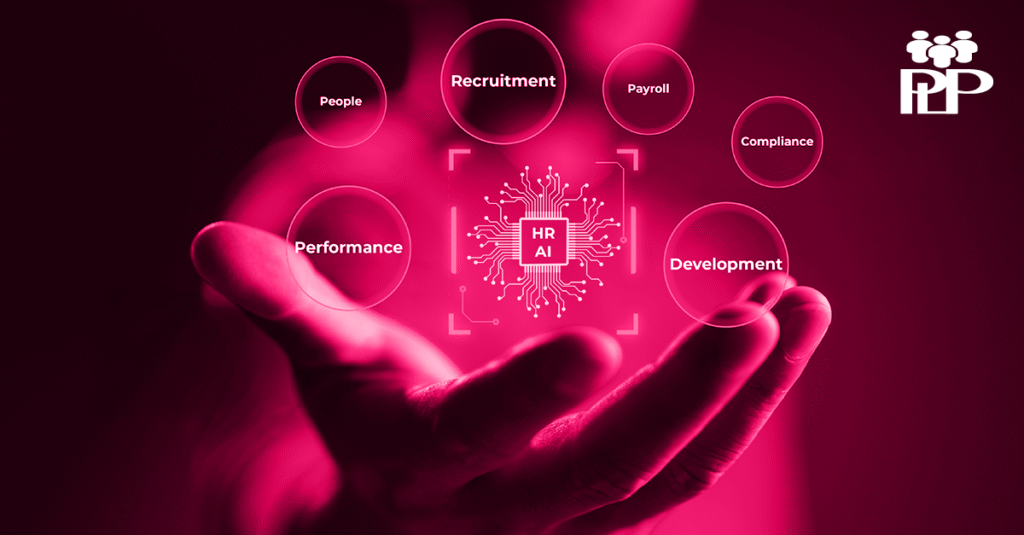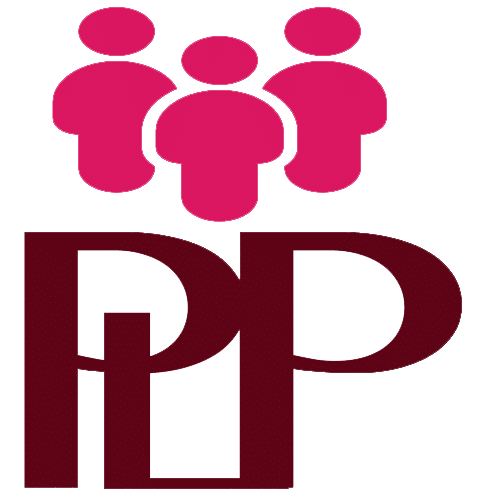From Experimentation to Integration, Making AI Work for HR
We started the conversation around AI in HR back in September:
AI in HR: Friend, Foe or Future Colleague
At Parke Lane People we’ve observed that many HR functions have moved beyond simply asking whether AI belongs in the workplace, and are now facing the more difficult questions of how to integrate AI meaningfully, responsibly and strategically. The initial buzz around chatbots, résumé screening tools and predictive analytics is now being tempered by questions of fairness, data, bias, human oversight and the strategic role of HR. If treated as a nice-to-have gadget, AI risks becoming a compliance burden or a trust issue rather than a game-changer.
HR teams are wrestling with questions such as:
- Which tasks should we automate and which must stay firmly human?
- How do we ensure our AI tools respect fairness, privacy and mitigate bias?
- How do we manage the change impact on staff, culture and internal processes?
- How do we choose suppliers, build skills and embed governance and oversight?
That’s where PLP steps in. We are more than a recruitment consultancy. Our approach means we work with clients not only on hiring people but also on the wider people ecosystem. When it comes to AI in HR we can support:
- Mapping the opportunity (where AI will add value)
- Risk assessment (bias, data quality, governance)
- Supplier review and selection (fit for your culture and business)
- Embedding human-first workflows and oversight (so AI supports rather than replaces)
- Change management (skills, culture, communication)
As Andy Parke, Founder of PLP, says:
“AI shouldn’t just be deployed to keep up. It needs to be part of a wider people strategy. We help our clients make sure it isn’t a gadget but a tool that works for their business, their culture and their people.”
10 Frequently Asked Questions about AI in HR
- What is AI in HR and what does it practically do?
AI in HR covers tools such as machine-learning algorithms, natural-language-processing and predictive analytics used in recruitment, onboarding, performance, learning and engagement. - Which HR tasks are best suited to AI?
High-volume, repetitive tasks such as candidate screening, scheduling, FAQs and initial assessments are good candidates, while tasks requiring judgement, empathy and culture-fit should remain human. - Does AI replace HR professionals?
No. The consensus is that AI should augment human work rather than replace it. It frees HR to focus on higher-value, human-centric work. - What are the risks and common problems when using AI in HR?
Risks include algorithmic bias, lack of transparency, poor data quality, inadequate change management and mis-targeting automation. - How do we ensure fairness and bias-control in HR AI tools?
By auditing data sets, diversifying training data, maintaining human oversight and selecting vendors with transparent, ethical design. - What role does change management play when introducing AI in HR?
It plays a major role. Training, communication, culture and alignment with business strategy are critical to adoption and trust. - What governance and oversight structures are appropriate?
Clear policies, human check-points, vendor accountability, regular reviews of outcomes and monitoring of unintended consequences. - How do we choose an AI supplier or tool for HR?
Look at vendor track record, transparency, data security, integration ability, alignment with your values and people strategy. - How do we measure success when using AI in HR?
Define metrics early, such as efficiency gains, employee experience, quality of hire or bias reduction, review regularly and adjust. - Where should organisations start with AI in HR?
Start small. Pick one high-value task, assess readiness (data, culture, skills), pilot responsibly and scale consciously.

Expert Voices from the Field
“When our clients begin to explore AI in HR, it’s often the change and human-impact questions that matter more than the tech itself.” — Sarah Cook, HR Consultant and Opendoorz Member
“In small businesses especially, the leap to AI can feel risky. Our job is to help the people feel confident, the tools feel helpful and the outcomes feel human.” — Jane Fryatt, HR Consultant and Opendoorz Member
These voices remind us that technology is only one piece. The real value comes when it is treated as part of the wider people strategy.
Continuing the Conversation: The Next PLP HR Forum
There has been a great deal of discussion and interest around AI in HR since our last insight, and it’s clear that many clients want to explore this area in more depth. That’s why AI and the Human Workforce will be one of the topics at our third PLP HR Forum, hosted in conjunction with Freeths.
Date: Thursday 29th January 2026
Venue: Freeths LLP – Spires House, 5700 Oxford Business Park, South, Oxford OX4 2RW
The PLP HR Forum brings together business leaders, HR professionals and partners to discuss emerging challenges and opportunities in the world of work. Each session combines practical insight, open discussion and real-world advice that attendees can take back to their own organisations.
If you’re interested in attending the next HR Forum, please contact the team at Parke Lane People to register your interest.
